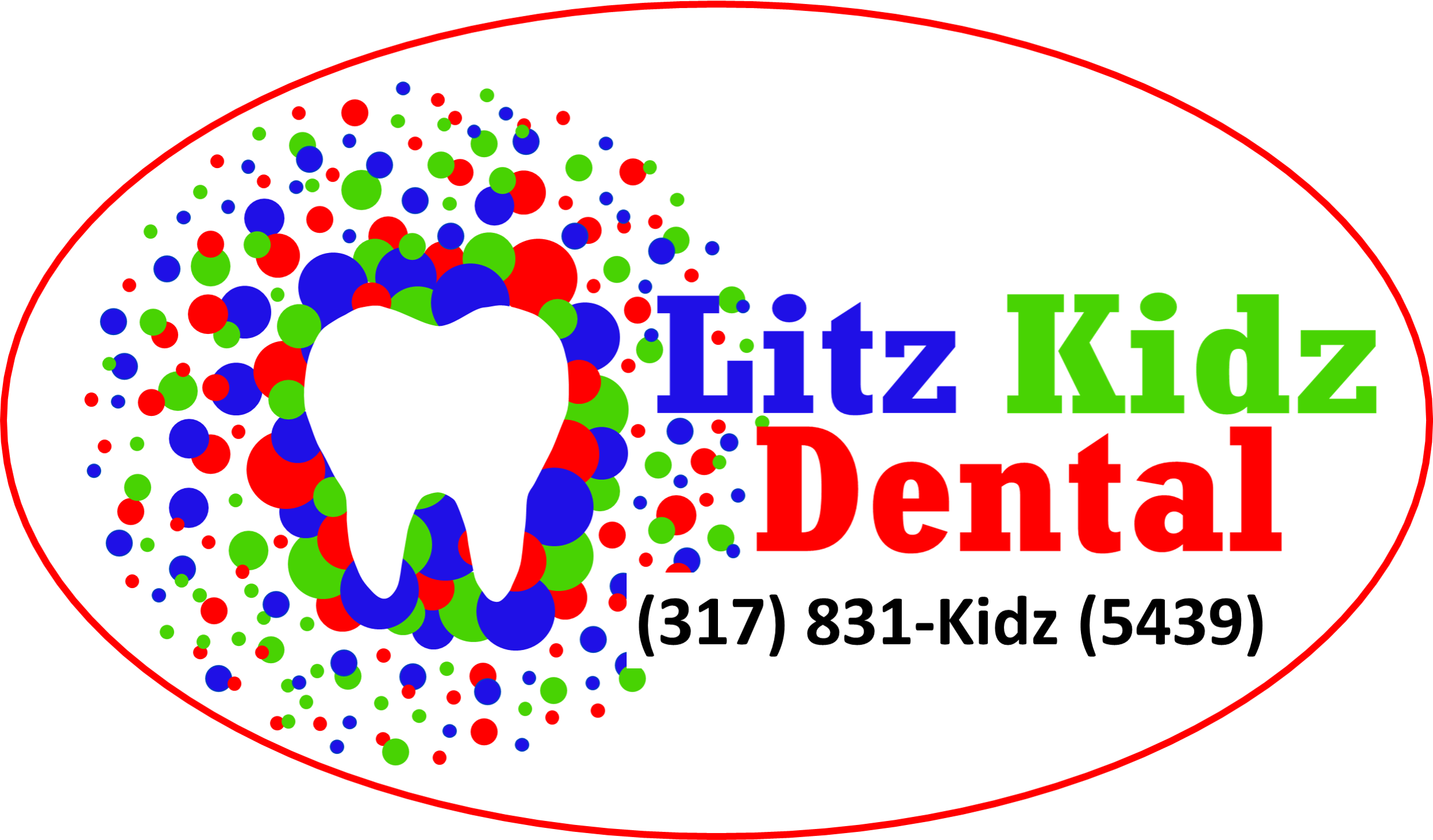 The term Special Needs encompasses many types of patients. It includes patients with physical, mental, emotional, behavioral, and medical concerns. My experience with this population began with my training at Riley Children’s Hospital over 20 years ago. As a pediatric dentist I not only see children from the ages of 1 to 18 years old, but I also see adults with special needs. My Specialty training has given me the skills to address all of their concerns. And the staff is highly trained in working with this population of patients.
The term Special Needs encompasses many types of patients. It includes patients with physical, mental, emotional, behavioral, and medical concerns. My experience with this population began with my training at Riley Children’s Hospital over 20 years ago. As a pediatric dentist I not only see children from the ages of 1 to 18 years old, but I also see adults with special needs. My Specialty training has given me the skills to address all of their concerns. And the staff is highly trained in working with this population of patients.
These patients may require special techniques to be able to complete dental treatment. These techniques can be as simple as positive reinforcements and rewarding for good behavior or having treatment done while the patient is asleep under general anesthesia. If the parent will allow me, we are ALWAYS able to get something accomplished at the appointment. It might be something as simple as an examination with or without x-rays. Once the examination is completed, we can establish the treatment plan and give parents options as the best way to treat their loved one. We may determine that an anti-anxiety drug, such as laughing gas, should be used. Due to the patient’s age and disability, a stabilizing device may need to be used for the patient’s safety. Or as mentioned, we may need to go to the operating room, put the patient to sleep, and complete the treatment that way. Along with the parent, the best mode of treatment will be decided upon.
Many people ask me if we have experience with children with Autism. We do! A lot! Of course there is such a range on the Autism Spectrum. My experience includes patients with medical concerns…congenital heart defects, diabetes, craniofacial defects (as mentioned in my bio, I was born with a cleft lip/palate and so was my son), and chromosomal defects involving physical or mental disabilities. These may include patients with Down Syndrome or Cerebral Palsy. We see children with ADHD, Autism, Obsessive Compulsive Disorder, Oppositional Defiance, and/or learning disabilities every day. If your child as some type of rare condition that I have not experienced, I will consult with all the appropriate doctors as to determine the best mode of treatment for your child. If you have questions concerning your child’s needs, please do not hesitate to contact our office.
